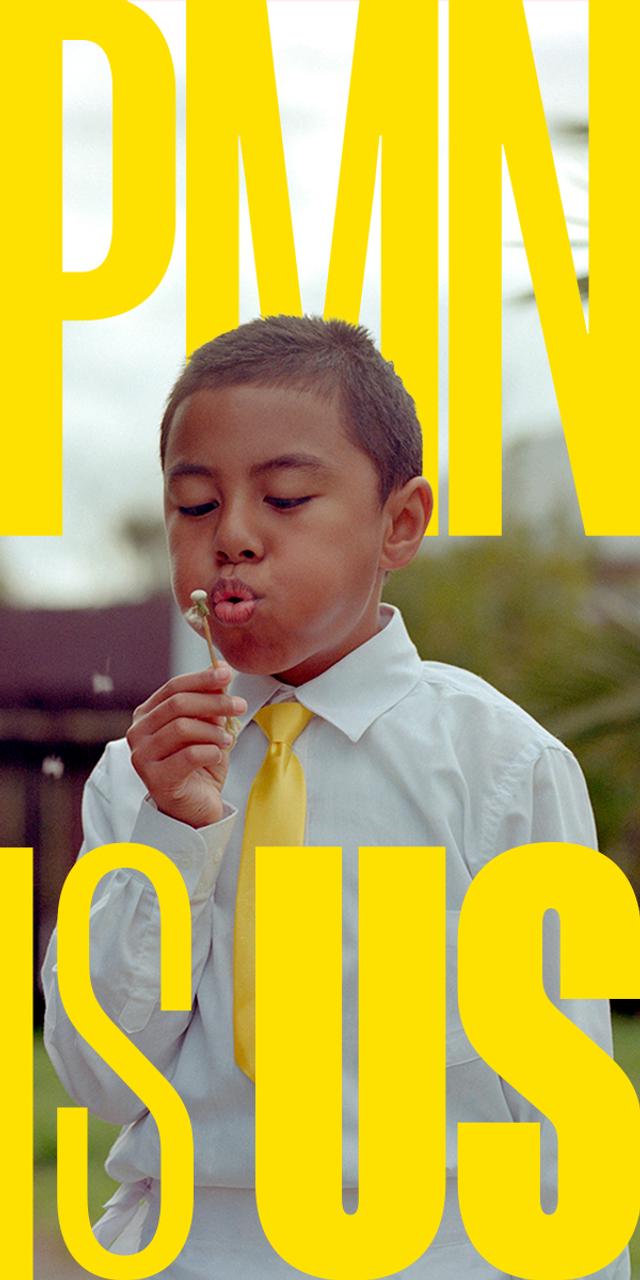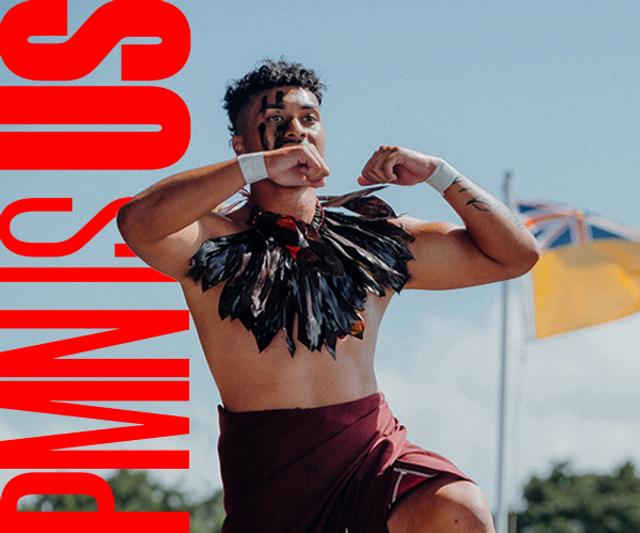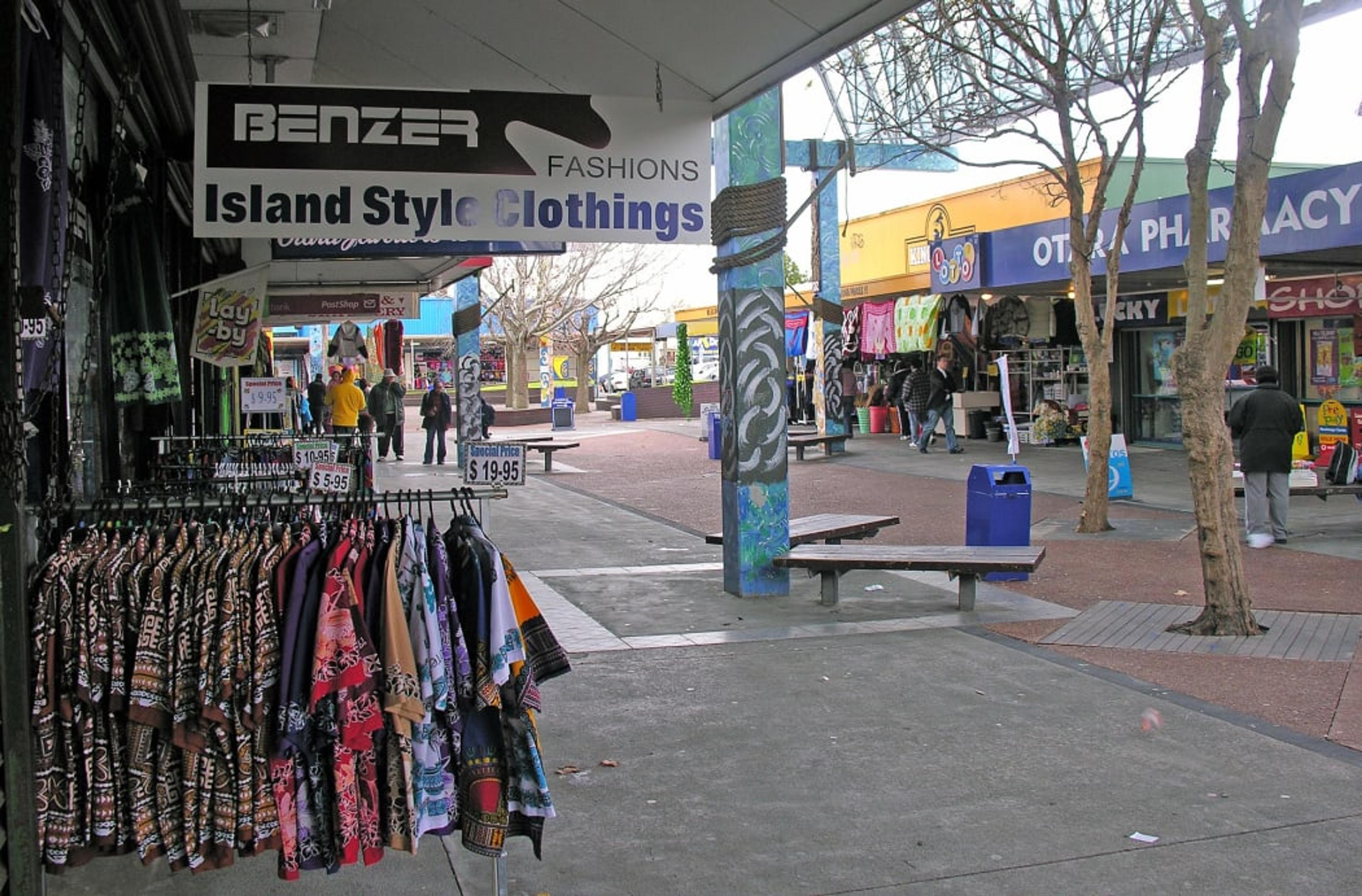
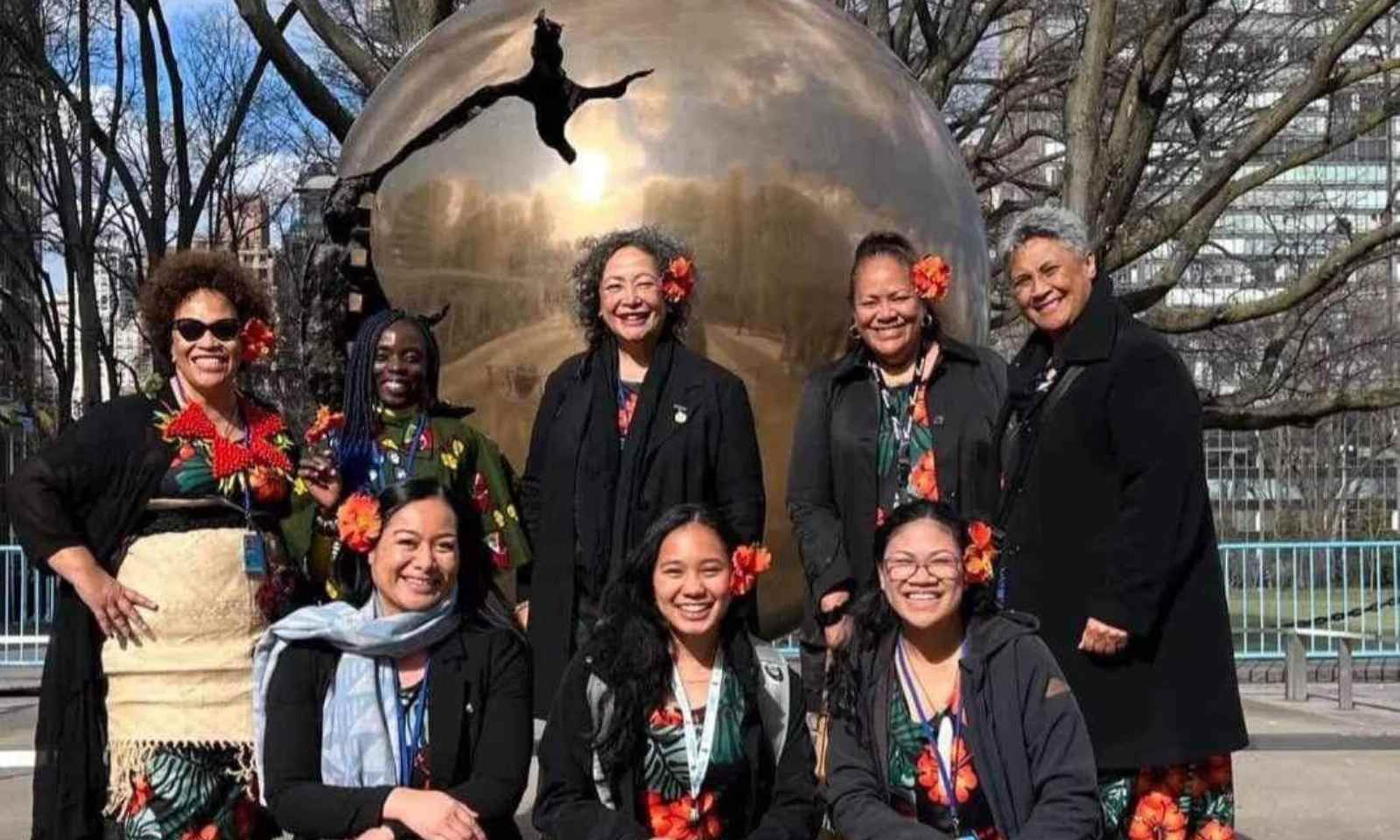
The PACIFICA Inc. delegation outside the UN headquarters in New York.
Photo/ PACIFICA Inc Facebook
Young Pacific advocates take NZ’s fight for gender equality and women’s empowerment to the world
Eseta Teugata Rasmussen and Lupesina Koro say they were compelled to speak up for wāhine at the United Nations last week.

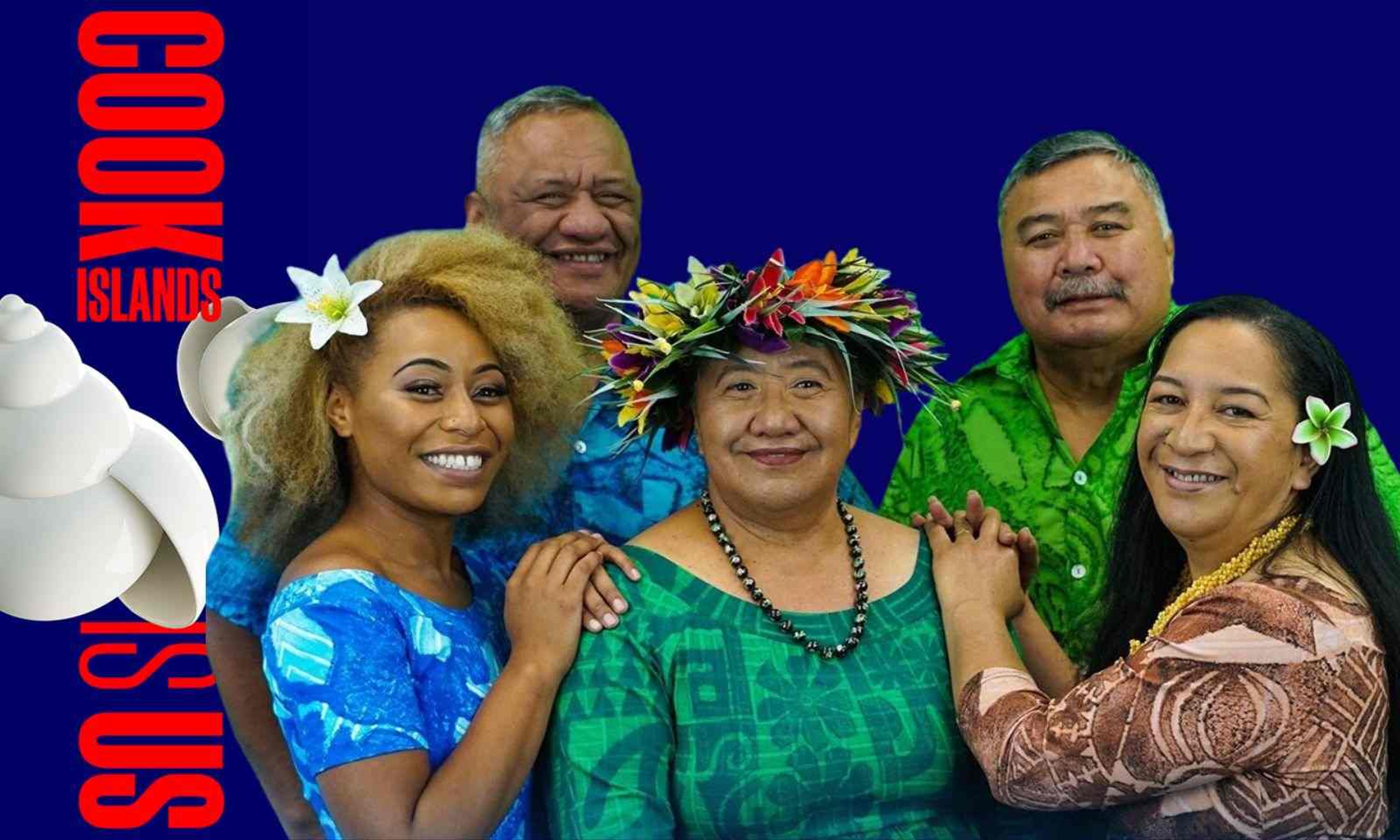
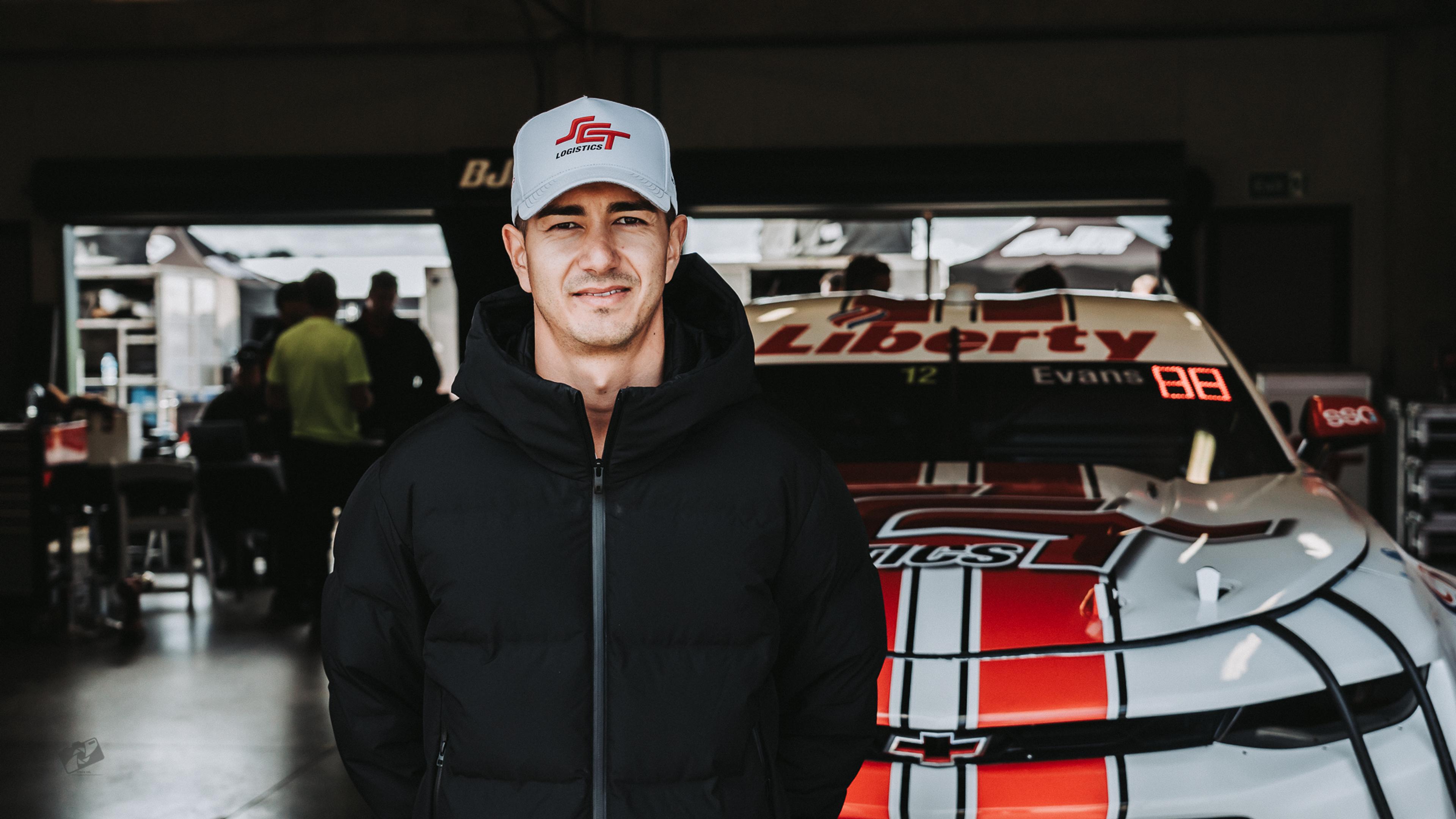
Fijian-Rotuman becomes first ever V8 Supercar driver of Pacific heritage
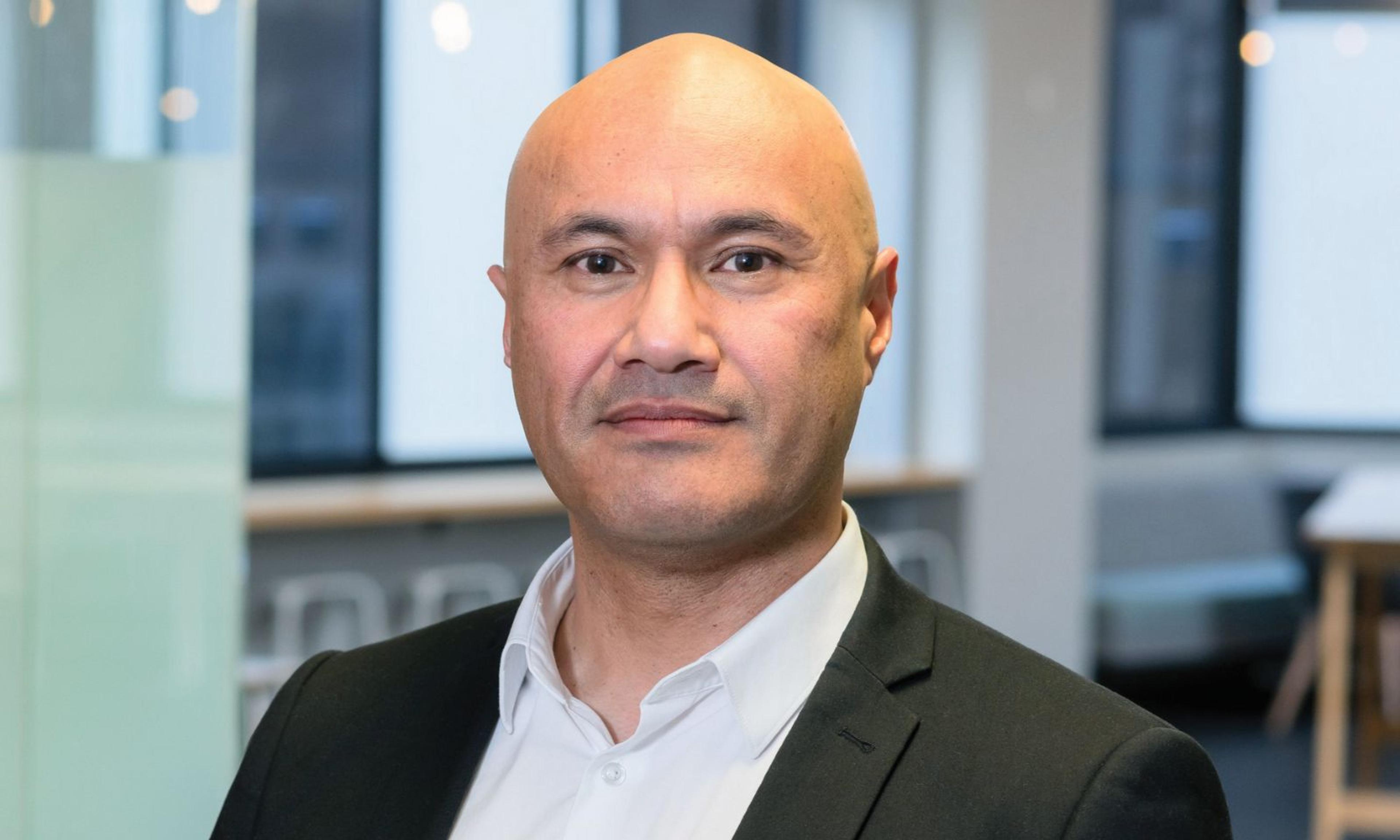



Fijian-Rotuman becomes first ever V8 Supercar driver of Pacific heritage

Young Pacific rights advocates from New Zealand say they were compelled to speak out against gender inequality and women’s disempowerment at the United Nations because what they saw did not represent the populations that the UN claimed to represent.
Eseta Teugata Rasmussen and Lupesina Koro, both of Samoan heritage, were part of the non-government organisation PACIFICA Inc.-led delegation to the 68th session on the Status of Women (CSW68) in New York last week.
The New Zealand vaka included Secretary for Pacific Peoples, Gerardine Clifford-Lidstone, PACIFICA Inc. president Repeka Lelaulu, and former Labour MP Anahila Kanongata’a.
Lelaulu said there were 12 reps from across the motu and it was “important to have New Zealand’s voice heard on the world stage”.
She said the participation of young people, including adolescent girls, across the various sessions, enabled delegates to exchange experiences, knowledge, lessons learned, and good practices, emphasising the multiple dimensions of inequality that exacerbate how young women and girls experience challenges.
She said the sessions, particularly the Youth Interactive Dialogue, demonstrated the importance of continuing with the practice of integrating critical youth perspectives in the official sessions.
“We were compelled to speak because what we saw in front of us was not representative of the populations they claimed to represent,” Koro told 531pi’s Pacific Mornings show.
“A panel on indigenous youth and wellbeing did not feature indigenous youth and wellbeing. It didn't feature anyone at all. Hence, we were called to step up.
“To our extent of knowledge and experience, Eseta, who grew up in Samoa and had that beautiful luxury, could speak to being indigenous Samoan.
“And having been born in Aotearoa but very closely connected to my Pacifica roots in Samoa and Tokelau, I could speak about our indigenous young people, our tangata whenua, as someone who considers them cousins and part of Te Moana Nui A Kiwa (Pacific Ocean).
“It's one of those things where leadership you often don't ask for, but you are called to do. There is no other choice except to step up and speak out otherwise the voices who are heard are not representative of those in the community,” Koro said.
Watch the full interview with on Pacific Mornings below:
The Commission on the Status of Women is the largest UN gathering on gender equality. CSW68 brought together world leaders – including two heads of state, three vice presidents, and more than 100 government ministers, 4800 representatives from civil society organisations.
Each country submitted a report about what they had done to advance gender equality at home to address the challenges and come up with solutions that work for their people.
The New Zealand group also welcomed the adoption of a robust blueprint to end women’s poverty.
The commitment by UN member states is expected to strengthen financing and institutions to eradicate women and girls' poverty.
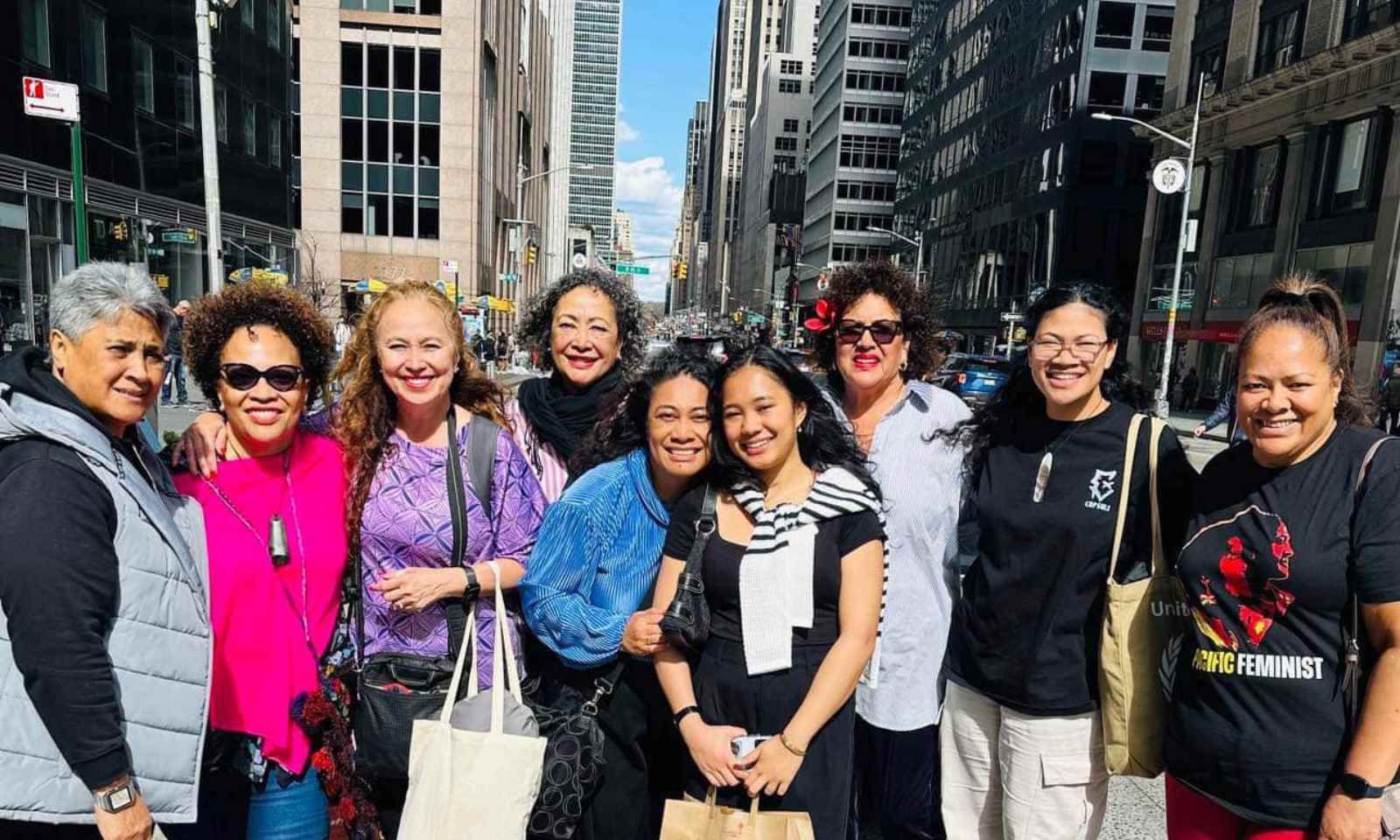
The PACIFICA Inc. delegation in New York. Photo/ PACIFICA Inc Facebook
According to the UN, 10.3 per cent of women in the world live in extreme poverty, and progress towards ending poverty needs to be 26 times faster to achieve the Sustainable Goals by 2030.
“The outcome document or Agreed Conclusions recognises that women and girls living in poverty become ‘shock absorbers’ in times of crisis and that further efforts are needed to increase resources to address women and girls’ poverty,” UN Secretary-General António Guterres told the CSW68.
Rasmussen, 16, the youngest in the NZ vaka, performed a Samoan siva dance that “probably no one has ever done at the UN”.
She said that being able to showcase and share her culture was amazing.
“There are many opportunities in New Zealand, which is why my family and I migrated. You just need to go looking for those opportunities and having the role models and being here right now, having great role models as leadership helps me grow as well.
“I hope that other people will look up to me. And I think just being here and having a presence is the biggest highlight for me as well.”
The two-week summit ended on March 22.
Next year’s CSW, from 10-21 March, will celebrate the 30th anniversary of adopting the Beijing Platform for Action.
